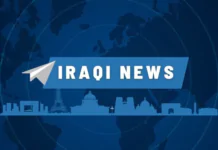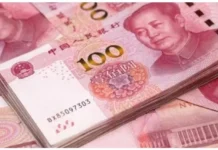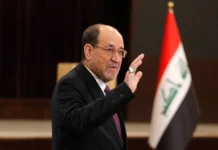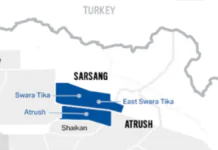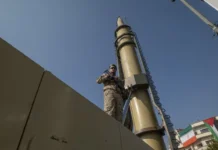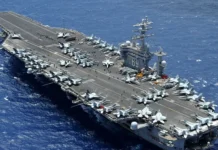Iraqi Securities Commission launches major reforms to boost investment and meet Vision 2030
IRAQ Jawad Al-Samarraie October 6, 2025
Baghdad (IraqiNews.com) – The Iraqi Securities Commission (ISC) announced today, Monday (October 6, 2025), a comprehensive strategy to modernize the country’s capital market, asserting that the reforms are fundamental to achieving Iraq’s Economic Vision 2030. The announcement was made by Chairman Faisal Al-Himais during the “Global Investor Week” conference, marking the ISC’s 21st anniversary.
Al-Himais emphasized that the government, under Prime Minister Mohammed Shia Al-Sudani’s patronage, is committed to creating a transparent environment, positioning the Iraq Stock Exchange (ISX) as a key engine for economic growth. This commitment involves modernizing both the legal and technical foundations of the market.
Yasin Taha Weis, a member of the ISC Council, detailed the legal reforms, confirming that the ISC is working to replace the outdated Coalition Provisional Authority (CPA) legislative order of 2004 with a new law that will increase investment guarantees.
This proposed law has already had its second reading in Parliament. Additionally, the ISC is upgrading the infrastructure and work methods of the ISX by collaborating with major international companies that specialize in electronic trading systems.
The commission’s strategy is twofold: to enhance oversight and organization, and to significantly expand the base of listed companies. According to Weis, increasing the number of listed companies and improving their performance is vital, as it directly correlates with greater investor engagement and a rise in the total volume of investment in the market. https://www.iraqinews.com/iraq/iraqi-securities-commission-vision-2030-reform/
Kirkuk-Banias Pipeline And Its Strategic Importance
Economic 2025/10/07 Dr. Hamid Rahim Janani Concerns remain about the fate of Iraq’s oil export capacity in the event of conflicts in the region. It is illogical for 90 percent of exports to be dependent on the Strait of Hormuz, which is under constant security and military pressures, evident in the escalating statements of the warring states from time to time.
Radical solutions may require specific approaches, projects, and significant effort, and even a relatively long period of time to achieve a high degree of flexibility in export outlets. What is important is to implement short- and medium-term measures to achieve radical strategic solutions in the long term.
The issue of the oil pipeline from Kirkuk Governorate to the Baniyas oil port in Tartous Governorate, northwest of Syria, on the Mediterranean coast, was recently raised. This issue could constitute a pivotal point in Iraq’s export policy.
This pipeline was established in the 1950s with an export capacity of up to (300) barrels per day, with a length of (891) km and a diameter of (30) inches. Pumping in the pipeline stopped during the Iran-Iraq war.
The pipeline was restarted in 2000, but it broke down again. It was exposed to significant damage after 2003 and is still stopped.
The efforts of the governments in Iraq and Syria to revive this pipeline have surfaced, and here comes the role of economic analysis in determining the importance of this step if it is successful, as the rehabilitation costs are estimated at (8) billion dollars, and it is possible to change the export capacity to reach (700) thousand, which is a relatively good thing, and may largely justify the size of the costs necessary for re-operation.
This pipeline also constitutes an important factor in diversifying export outlets and alleviating the state of Focusing on the Strait of Hormuz, and as is clear, transport via pipelines is the least expensive of all means of transport, which enhances the chances of maximizing oil profits if it is possible to export a larger quantity of oil via pipelines instead of sea tankers and land transport.
It is important to point out a very important issue, which is the possibility of Iraq possessing a card that gives it strength in its negotiations with the Turks regarding the (Ceyhan) pipeline, given that the outlets will be more available to Iraq and will not be limited to the Turkish side only.
The project is large and will represent a qualitative shift that enhances Iraq’s oil status, so the pace must be accelerated and solutions must be found to the outstanding problems, especially the security one.
It is also necessary to involve foreign parties in financing, consulting or investment partnerships to link interests, while studying the possibility of increasing the export capacity to numbers greater than what was mentioned. https://alsabaah.iq/121711-.html
For current and reliable Iraqi news please visit: https://www.bondladyscorner.com

